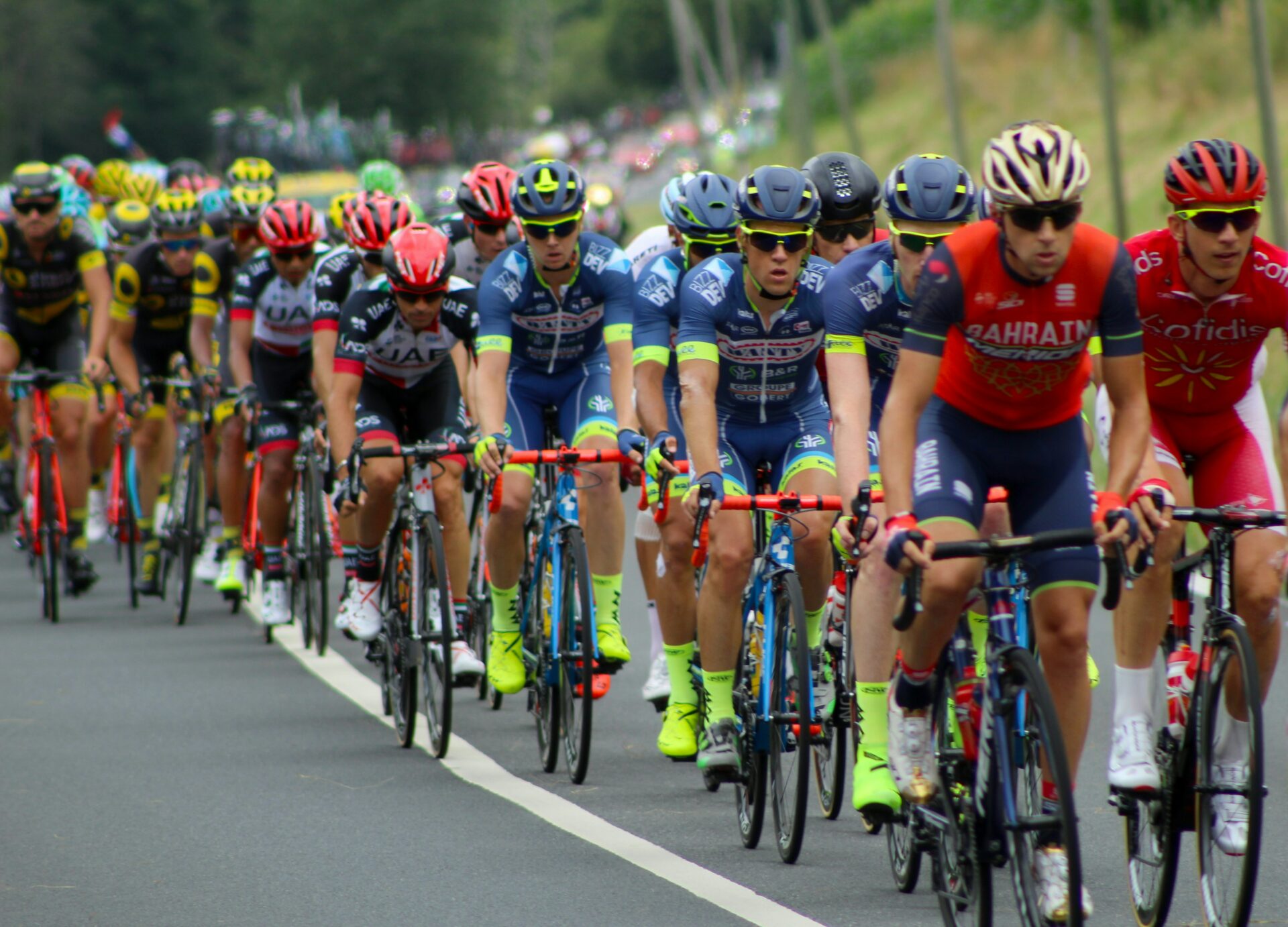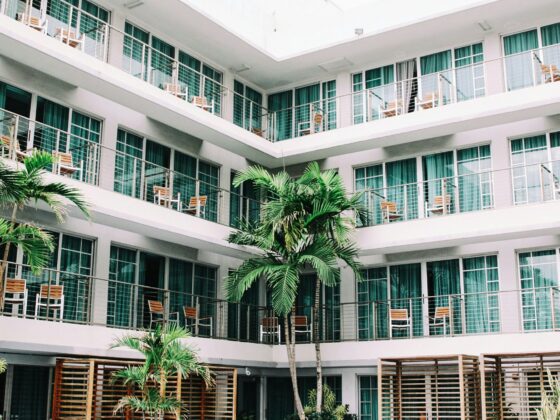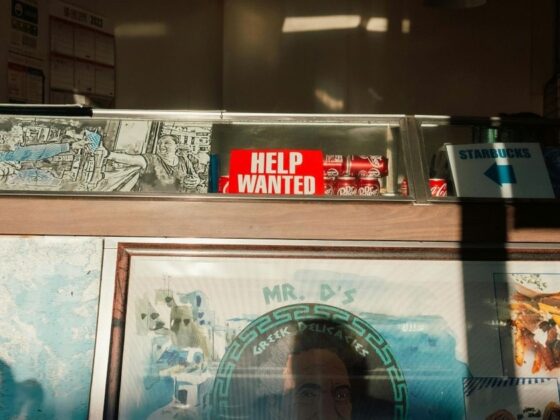
This year, the Tour de France truly lives up to its name as the route will be entirely within France, passing through 34 departments. The 112th edition of this now legendary cycling race will feature 39 stage cities, including Rouen, Toulouse, Carcassonne, and Montpellier.
With nearly 12 million spectators on the roads and coverage in nearly 190 countries, the Tour de France represents a significant financial boon for the host cities. While the entry fee comes at a certain cost—€65,000 for a stage departure and €110,000 for its arrival—the accompanying economic benefits attract hundreds of applications each year.
For good reason, as Virgile Caillet, General Delegate of Union Sport et Cycle, explains, “For a host city, the direct economic returns can be five times higher than the registration fees.” She further states, “A host city can expect additional benefits of up to €500,000 for the month.”
A strong start
Far from being just a host city, Lille is welcoming the Tour de France departure this year. A golden opportunity for the capital of Flanders to see its tourism activity reach new heights. Boris Delecroix, President of the Lille Métropole Hotel Club, even expressed “high hopes that all hotels in the Lille metropolitan area will be fully booked on Saturday, July 5.”
OTB Tour de France 2025 par Hospitality ON
This hope seems well-founded, according to data provided by MKG Consulting. Hotels in the Lille metropolitan area are showing a booking rate nearing 90% the day before the race’s departure, confirming that cycling enthusiasts will be present.
This booking rate is more than encouraging for Lille’s hospitality sector, “35 points higher than a typical early July, with average prices up by 40%. It’s comparable to a weekend during the Lille Braderie,” says the Métropole Européenne de Lille (MEL), which already estimates…










